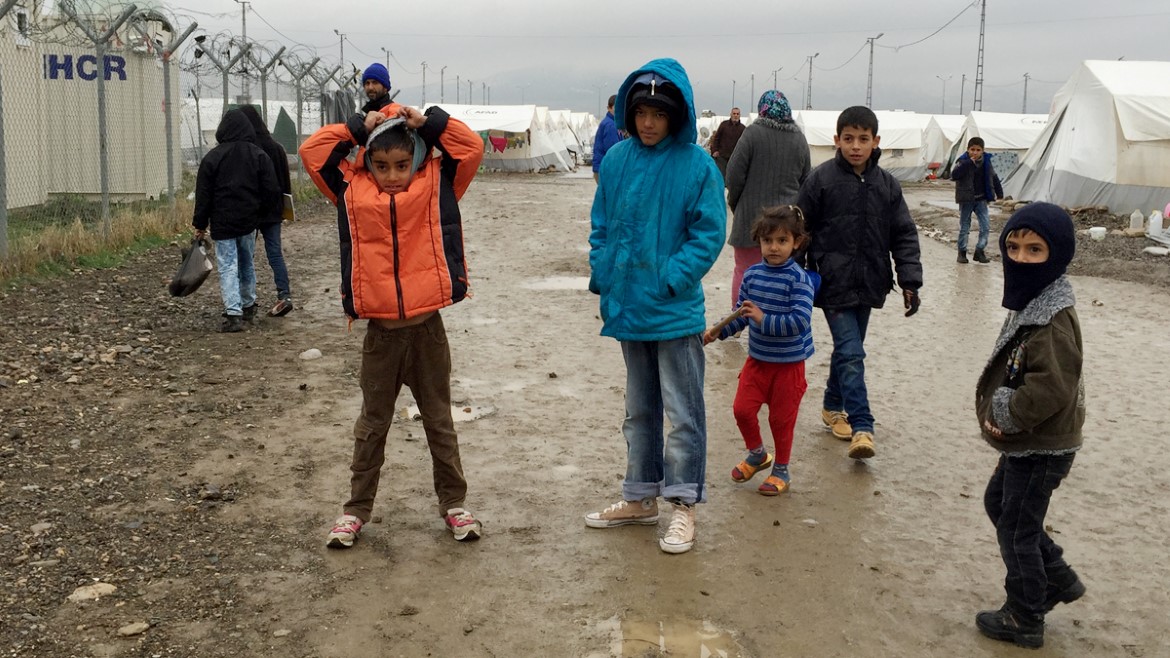
New evaluation programme focuses on current topics
The conflict in Syria has escalated over the last years. Norway recently pledged NOK 10 billion to the crisis over the next four years. The already ongoing evaluation investigates whether the Norwegian development aid system is adequately organized to make the right choices in a complex and difficult situation.
- This year’s evaluation programme follows up on some of the ideas from last year by more closely addressing ongoing topics. Evaluation of the support to Syria is a good example of this, says Per Øyvind Bastøe, Director of Norad’s Evaluation Department.
From an independent perspective, evaluations bring different views on the challenges and opportunities the development administration faces. The purpose of evaluations is to contribute to necessary changes and improvements.
- The conclusions and recommendations from the Syria evaluation may for instance be useful in Norway’s further work in the exceptionally difficult situation in the country.
Humanitarian and long-term development assistance
The Syria evaluation is one of fifteen evaluations that are ongoing or will be initiated in 2016.
- Read the Evaluation Programme 2016–2017
In 2016 the Evaluation Department will present for the first time separate overviews, called country evaluation briefs, of some of the focus countries (se fact box) for Norwegian development assistance with knowledge gathered from relevant evaluations.
The relationship between humanitarian and long-term development assistance will also be evaluated in a separate evaluation. Countries experiencing both acute and long-term crises have a need for both short-term humanitarian and long-term development assistance. The challenge is to balance the different initiatives.
- Adding to this thematic, the Syria evaluation can provide a basis for an evaluation of the relationship between short-term and long-term development assistance in general, in addition to an evaluation of the Norwegian support to education in humanitarian crises specifically, says Bastøe.
Comprehensive climate evaluation
In 2016, the first evaluations from the new real-time evaluation of the Norwegian Government’s climate and forest initiative will be published. The evaluations will be carried out by a new evaluation team.
- The new team will look at other aspects of the climate and forest initiative than have been emphasized until now. Some of this knowledge will be presented at the Oslo Redd Exchange in June, says Bastøe.
Cooperation with other evaluation departments
In the new programme, the Norad Evaluation Department also emphasizes cooperation with other evaluation units.
In an ongoing cooperation with OECD/DAC, experiences with different evaluation systems and organizations will be mapped and presented. Through technical cooperation with the evaluation departments in UNDP and the African Development Bank, efforts are made to build evaluation capacity at national level and to analyse some common issues.
- Apart from giving us understanding and insight of how the evaluation function operate in these organizations, the cooperation provides relevant inputs to some of the themes we concentrate on, says Bastøe.
New evaluation instructions
At the end of 2015, the instructions for the Evaluation Department were revised. One of the changes is to emphasize the Evaluation Department’s responsibility to formulate recommendations to the Ministry of Foreign Affairs and the Ministry of Climate and Environment based on the evaluations.
The new instructions clarify the evaluation department’s independence, although the evaluation department administratively still is a part of Norad.
- What are the challenges for the Evaluation Department going forward?
- Like other parts of the administration, we also have a potential for improvement, not the least with when it comes to formulating good recommendations. We also focus on improvements when it comes to communicating findings, conclusions and recommendations, says Bastøe.
Channels of communication
The reports from the Evaluation Department are disseminated in electronic form via Norad’s publications database at norad.no.
In addition, the department will print so-called evaluation briefs with a focus on specific themes emerging from the evaluations.
The Evaluation Department will also continue to organize various forms of seminars and meetings related to findings and recommendations from the evaluations.
